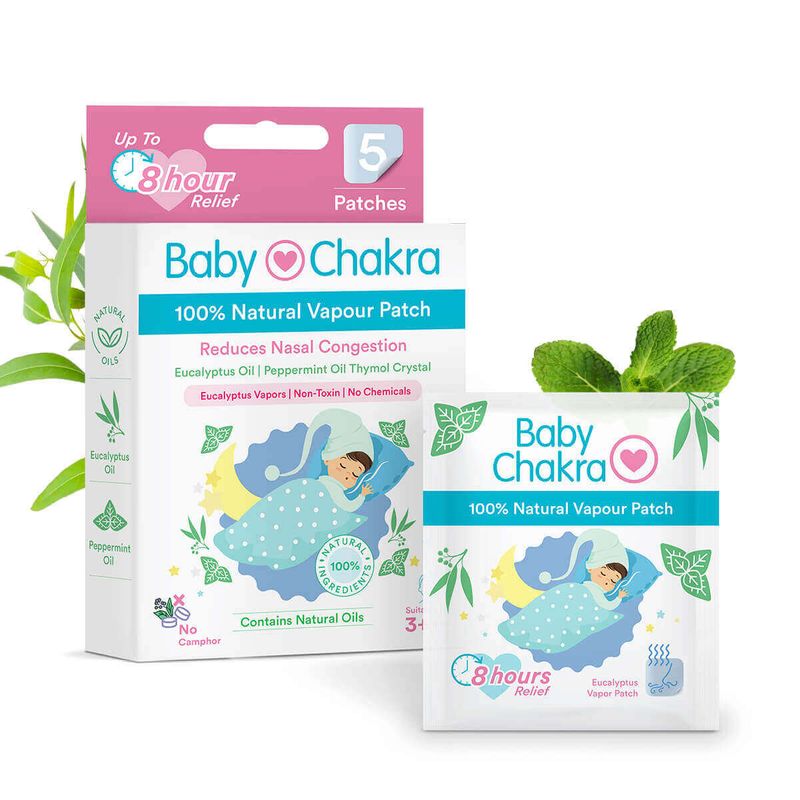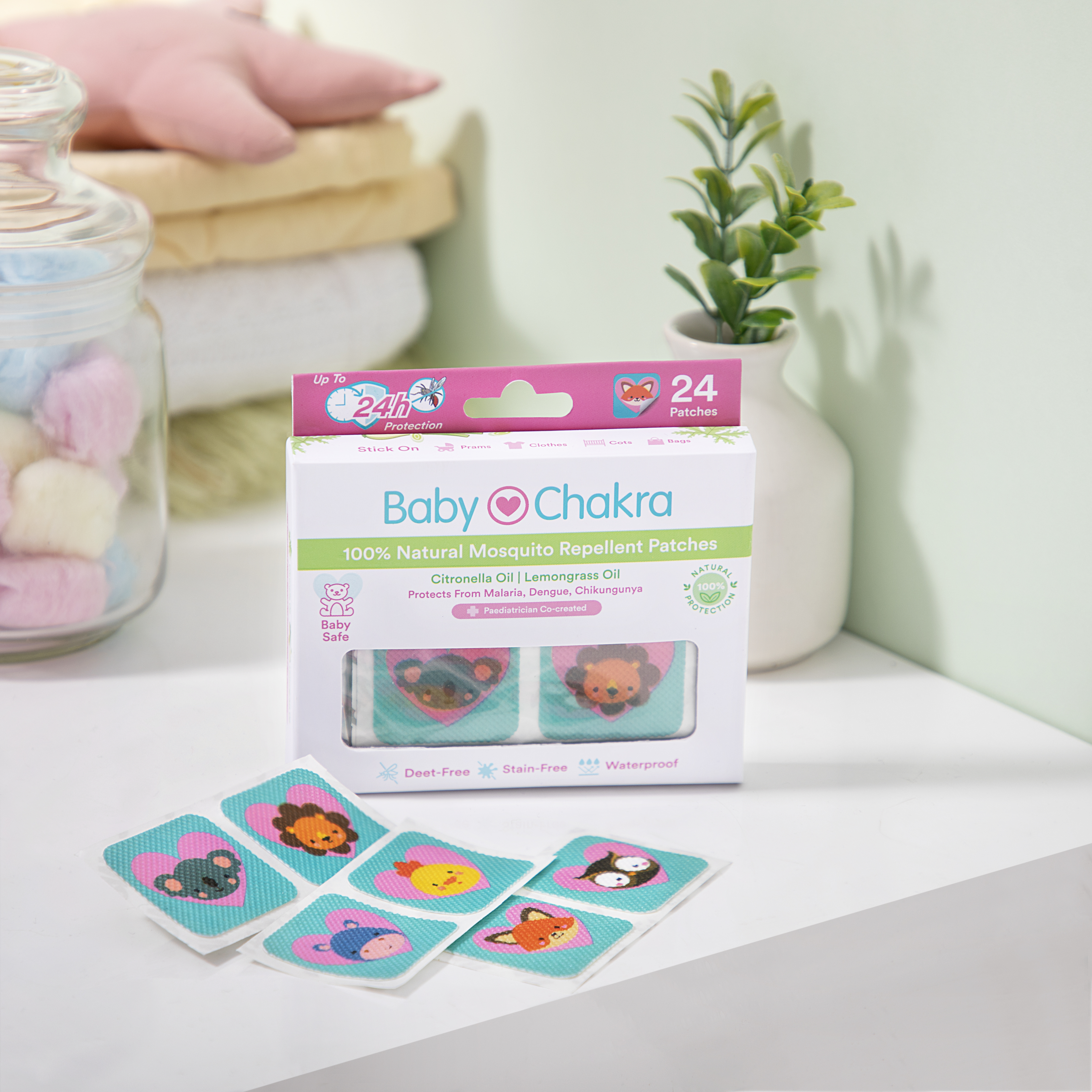
Tips For Protecting Your Baby
1 Nov 2022 | 4 min Read
Reema Shah
Author | 740 Articles
When you have a baby, keeping them safe from common germ hazards can be challenging. The swarms of family, friends and strangers that always seem to surround babies expose babies to germs and infections.
Babies are also prone to catching coughs and colds. Babies also tend to put their tiny little fingers into their mouths so it’s important to keep baby’s hands clean. Keeping baby-friendly vapour patches to help relieve blocked noses and natural baby wipes to keep baby’s hands clean are a must.
While wipes, vapour patches, and baby hand washes are some of the ways to protect babies from infections, here’s how you can keep your baby safe from other dangers.
Protecting Your Baby: Burns
When babies turn three to five months, they will wave their fists and grab things. Avoid carrying your baby and hot liquids or hot food at the same time as your baby can get burned. To protect your baby from tap water scalds, check the temperature first and adjust the water temperature if it’s too hot.
Put the burned area in cold water right away if your baby gets burned. Let the burned area cool off in cold water for a few minutes. After that, cover the burn loosely with a clean cloth and call your doctor.
Protecting Your Baby: Car Injuries
The majority of injuries and deaths from car crashes can be prevented by the use of car safety seats. Your baby is not just much safer in a car safety seat but will behave better so you can pay attention to your driving. Right from your baby’s first ride home from the hospital, make it a safe one with a car safety seat. Your baby should ride in the back seat in a rear-facing car seat.
Ensure that your baby’s car safety seat is installed correctly. Follow the instructions that come with the car safety seat for using car safety seats correctly. Use the car safety seat every time your baby is in the car.
Avoid putting an infant in the front seat of a car with a passenger airbag.
Protecting Your Baby: Falls
Babies tend to wiggle and move and push against things with their feet soon after they are born. Such first movements can result in a fall too. As babies grow and can roll over, they may fall off of things unless they are protected. Avoid leaving your baby alone on beds, sofas, changing tables, or chairs. Place your baby in a place that is safe such as a crib when you cannot hold him.
Usually, at six months, your baby may be able to crawl easily. Close doors on the stairways and other areas where your baby may crawl to avoid them from getting hurt.
Avoid using a baby walker. Your baby may fall out of it or fall down the stairs and seriously injure the head. Baby walkers are unsafe as they let children get to places where they can pull heavy objects or hot liquid containers or food on themselves.
If your baby has a serious fall or does not act normally after a fall, call your doctor.
Protecting Your Baby: Choking and Suffocation
Babies explore their environment by putting anything into their mouths. Avoid leaving small objects in your baby’s reach, even for a moment. Do not feed your baby any hard pieces of food such as chunks of apples, raw carrots, peanuts and popcorn. Cut all the foods into thin pieces to you feed your baby so that they don’t end up choking. Talk to a doctor and learn how to save the life of a choking baby.
Ensure your baby always sleeps on his/her back to prevent possible suffocation and reduce the risk of sudden infant death syndrome (SIDS). Your baby should sleep in his or her crib or bassinet which does not have any pillows, bumpers, stuffed toys or loose bedding. Avoid putting your baby on a bean bag, water bed or anything soft enough to cover the baby’s face and block air to the nose and mouth.
Also, keep away plastic wrappers and bags that form a tight seal from your child.
Protecting Your Baby: Mosquito Bites
Mosquitoes are active, especially in the warmer areas and that’s where the use of a mosquito repellent spray or mosquito patches must be done. Ensure you pick the ones that are safe and don’t have harmful chemicals that can irritate your baby’s skin.
When it comes to infant safety, there are several aspects to take care of. Consider these tips to keep your munchkin safe.
Cover Image Credit – Unicef
A


Related Topics for you
Suggestions offered by doctors on BabyChakra are of advisory nature i.e., for educational and informational purposes only. Content posted on, created for, or compiled by BabyChakra is not intended or designed to replace your doctor's independent judgment about any symptom, condition, or the appropriateness or risks of a procedure or treatment for a given person.


